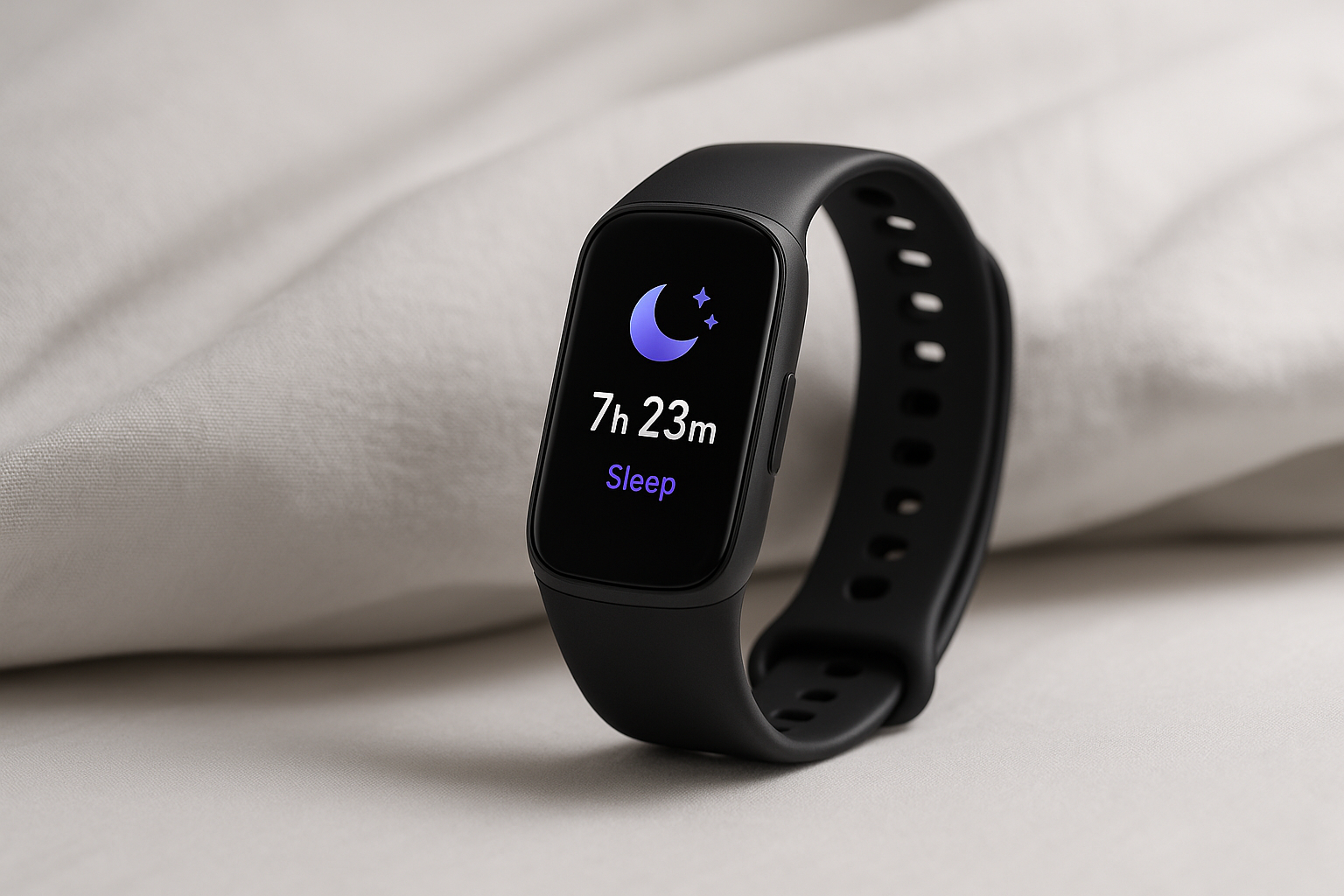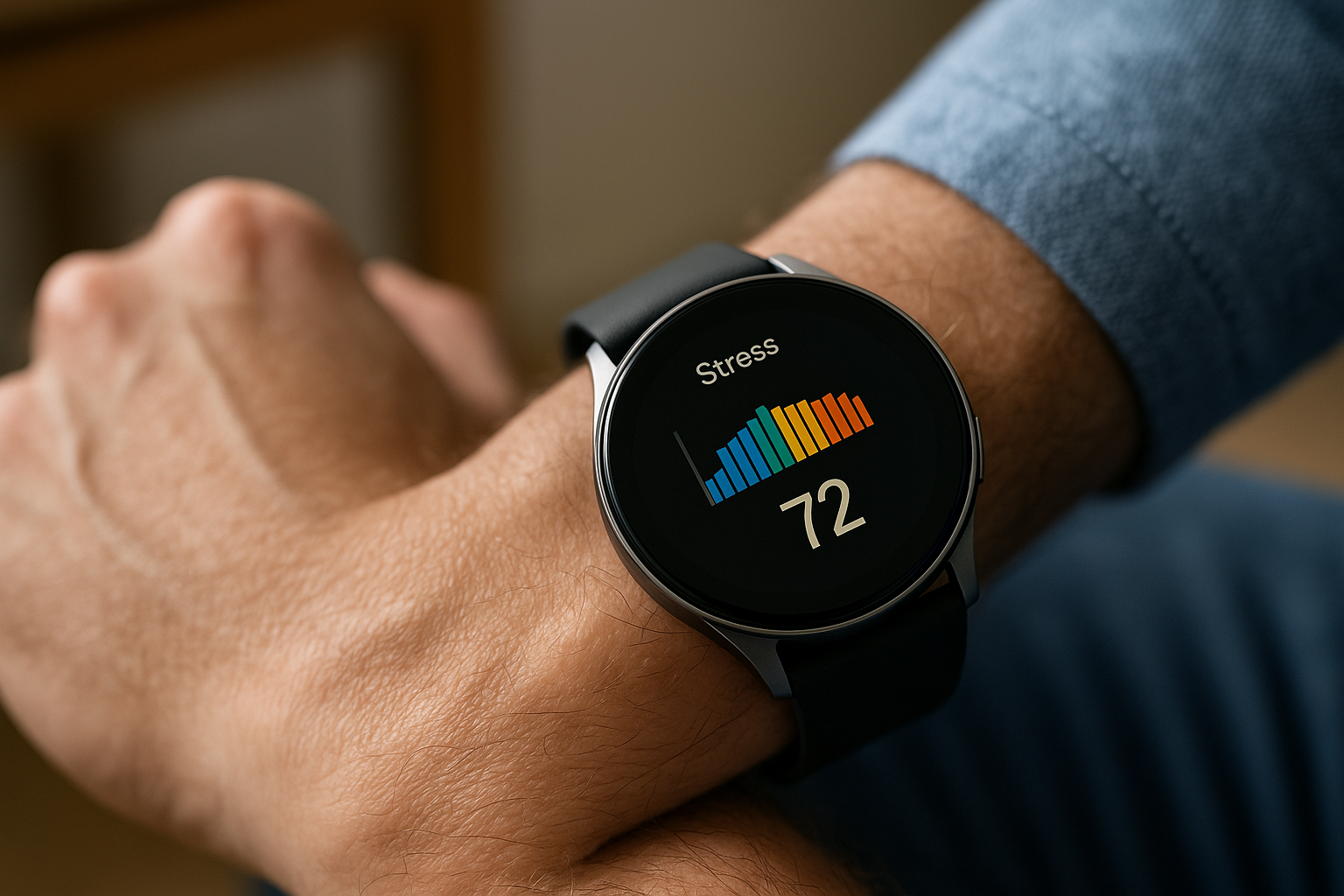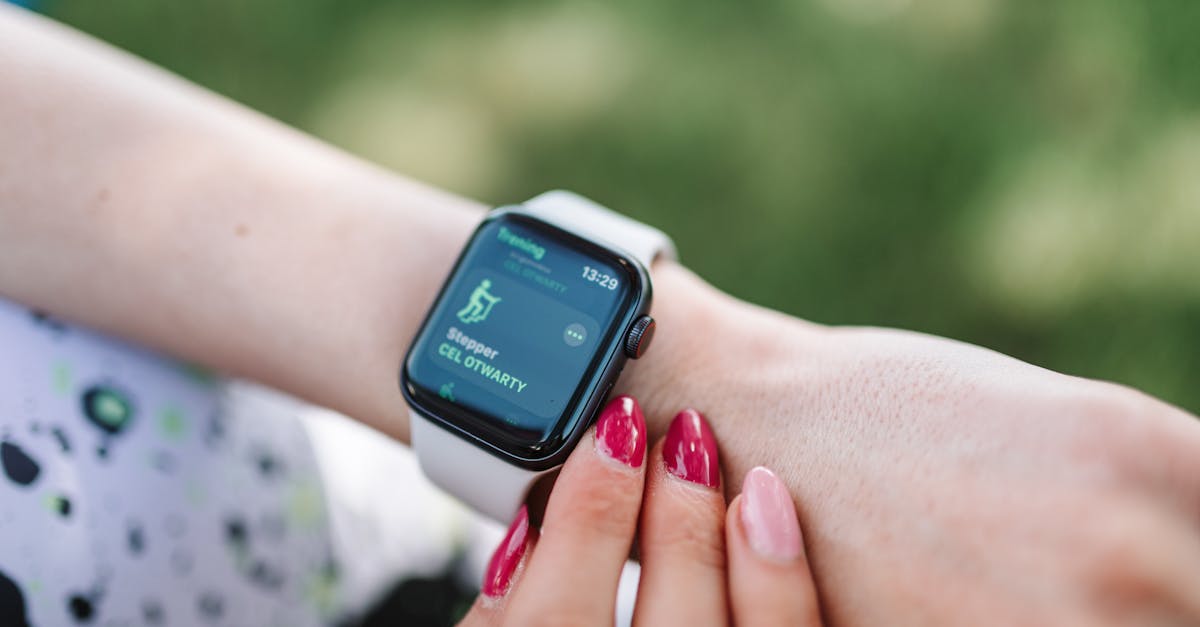7 Things You Should Stop Tracking on Your Smartwatch to Improve Your Health
In the age of technology, smartwatches have become ubiquitous, promising to enhance our health by tracking an array of metrics. However, the constant influx of data can sometimes be overwhelming and counterproductive. While these devices are equipped with the ability to monitor everything from steps to heart rate variability, the sheer volume of information can lead to anxiety, misinterpretation, and even unhealthy obsessions. This article explores seven specific metrics you might consider stopping or reducing your tracking of, to improve your health and well-being. By focusing on what truly matters, you can transform your smartwatch from a source of stress into a tool for genuine health improvement.
Calories Burned: The Misleading Metric

Many people rely on their smartwatches to track the number of calories burned throughout the day. However, this metric is often based on algorithms that can be inaccurate, leading to a false sense of accomplishment or unnecessary guilt. The focus on calorie counting can detract from more meaningful aspects of health, such as nutritional quality and emotional well-being. Instead of obsessing over calorie output, consider tuning into your body's natural hunger cues and prioritizing balanced meals that nourish you. By letting go of this misleading metric, you can foster a healthier relationship with food and exercise.
Heart Rate Variability: A Source of Stress

Heart rate variability (HRV) is a measure of the variation in time between each heartbeat and is often used as an indicator of stress and recovery. However, constant monitoring of HRV can itself become a source of stress. Fluctuations are normal and can be influenced by numerous factors such as hydration, sleep, and even caffeine intake. Obsessing over these fluctuations can lead to unnecessary anxiety. Instead, focus on general trends over time rather than daily variations. By reducing the frequency of HRV tracking, you can alleviate stress and focus on holistic practices that support overall heart health.
Sleep Stages: Quality Over Quantity

Smartwatches offer detailed insights into sleep stages, breaking down your night into REM, light, and deep sleep. While interesting, this data can sometimes cause more harm than good, especially if you become fixated on achieving certain metrics. Sleep quality is more important than the exact distribution of sleep stages. Instead of stressing over numbers, create a consistent bedtime routine and focus on how you feel upon waking. Prioritize restfulness and energy levels over exact sleep stage data. By doing so, you can improve your sleep hygiene and overall well-being.
Step Count: Beyond the Numbers

The daily step count is one of the most popular features of smartwatches, encouraging users to hit a specific target, often 10,000 steps. However, this number is arbitrary and not necessarily indicative of good health. Focusing solely on step count can overshadow other beneficial activities like strength training or flexibility exercises. Instead of fixating on reaching a specific number, aim for a balanced and varied fitness routine that includes different types of physical activities. This approach can lead to improved fitness and enjoyment in your exercise regimen.
Stress Levels: A Double-Edged Sword

Smartwatches often track stress levels using heart rate and other physiological markers. While this can be useful, constantly monitoring stress can ironically increase it. The awareness of being "stressed" can create a feedback loop, where the act of tracking becomes a stressor itself. Rather than relying solely on your device to tell you when you're stressed, practice mindfulness and self-awareness techniques. These methods can help you recognize stressors and manage them effectively without the added pressure of constant monitoring.
Active Minutes: Quality Over Quantity

The concept of active minutes encourages users to engage in moderate to vigorous physical activity daily. However, the quality of exercise is often more important than the quantity. Focusing on active minutes can lead to a box-ticking mentality, where the goal is to simply reach a number rather than enjoy or benefit from the activity. Instead, choose activities that you enjoy and that challenge your body in different ways. This shift in focus can lead to a more sustainable and enjoyable exercise habit.
Floors Climbed: An Unnecessary Distraction

Tracking the number of floors climbed is another feature that may not contribute significantly to health improvement. While stair climbing is a beneficial exercise, the focus on this metric can distract from other important aspects of fitness and daily movement. Rather than counting floors, aim to incorporate a variety of movements into your day, such as walking, stretching, and strength exercises. This broader approach to physical activity can improve overall health without the pressure of meeting specific stair-climbing targets.
Embracing Mindful Technology Use

Smartwatches are powerful tools, but their potential to improve health depends on how they are used. By reducing or eliminating the tracking of certain metrics, you can prevent data overload and reduce stress. Embrace a more mindful approach to technology, focusing on the quality of your health and fitness experiences rather than the quantity of data. This shift can lead to a more balanced, fulfilling, and healthier lifestyle, where your smartwatch serves as a supportive guide rather than a relentless taskmaster.
